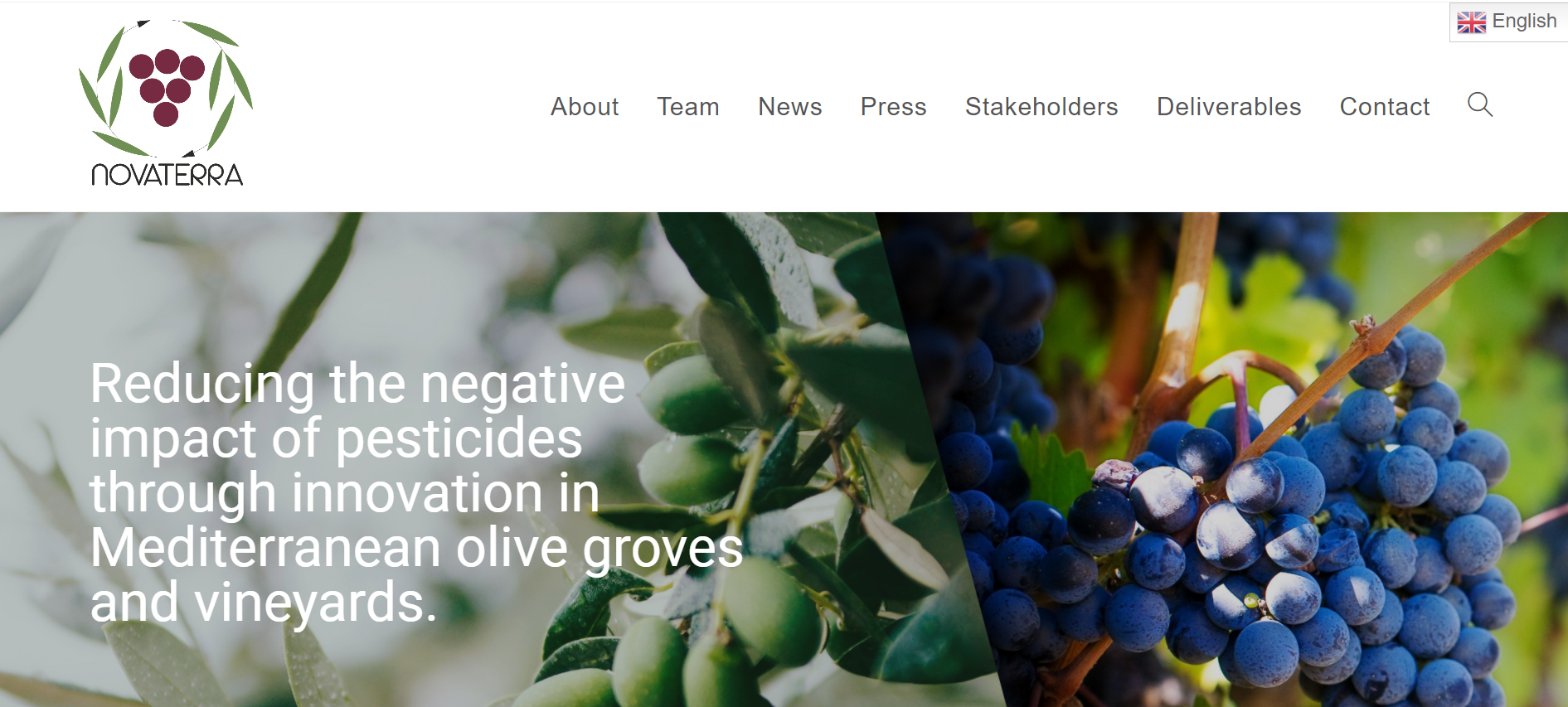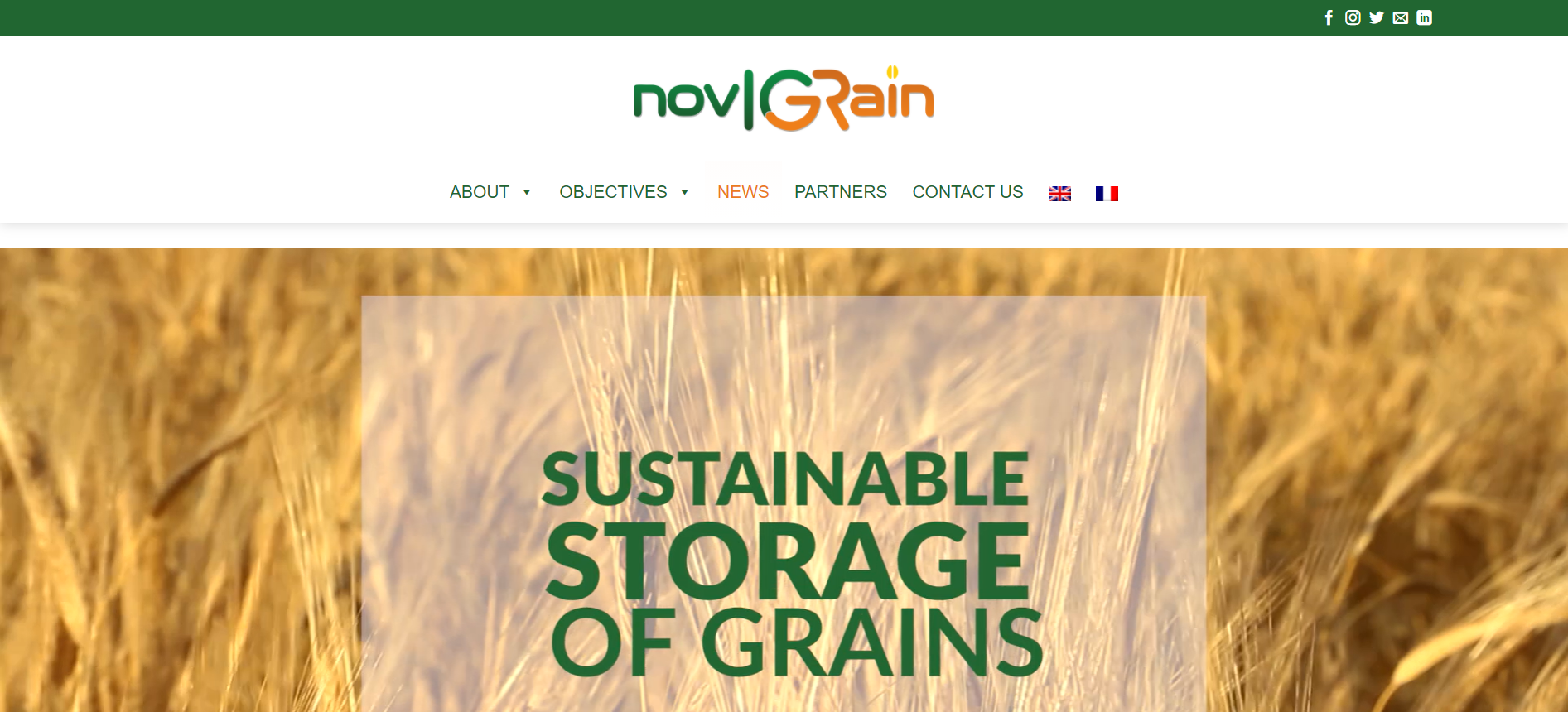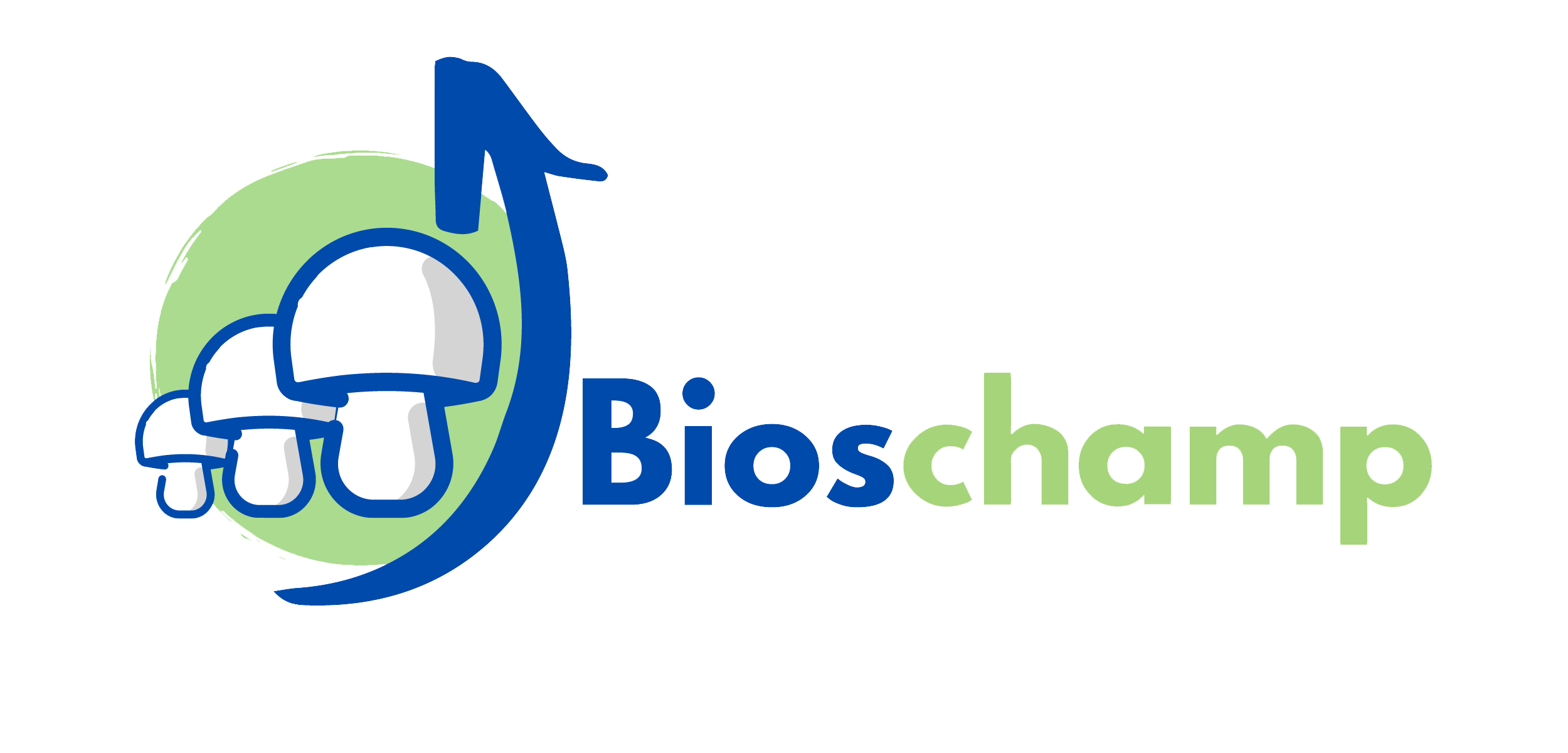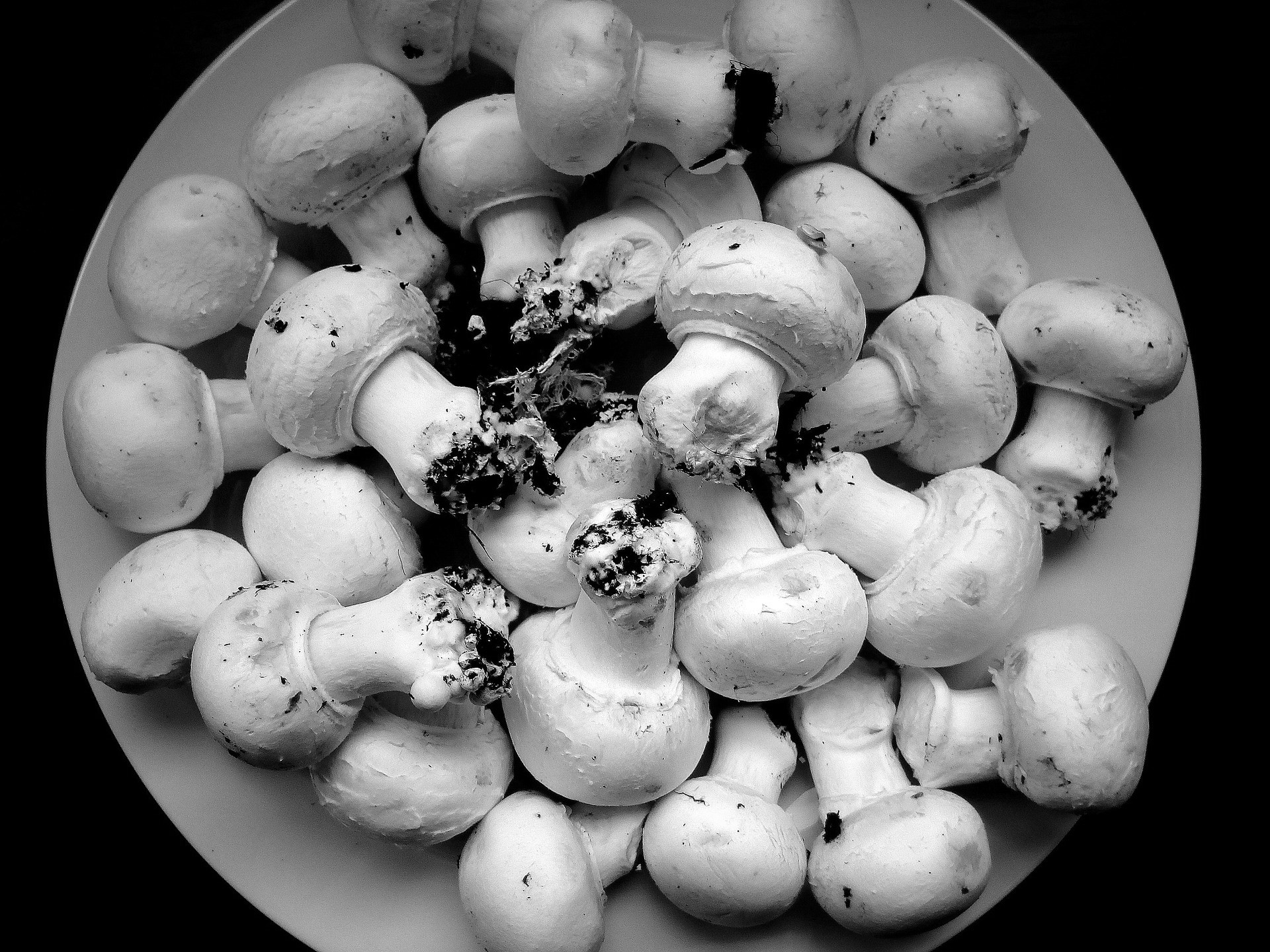
EU projects fighting pesticide use
BIOSCHAMP is a H2020 EU funded programme that aims to develop an integrated approach to tackle the mushroom cultivation challenges. Thus, one of the main goals of the project is to improve the mushroom sector profitability while reducing the agronomical need for pesticides by 90%.
Reducing the use of pesticides is one of the key goals of the European Union. By 2030, the target set by the European Commission is reducing the use and risk of chemical and more hazardous pesticides by 50%. Thus, reducing the need of pesticides is an important step towards reaching a healthier and more sustainable EU food system, a cornerstone of the European Green Deal.
In this regard, BIOSCHAMP is not the only project doing amazing progress to reach these goals. In the following section we will present other 4 projects that contribute to a better and healthier agri-food system.
WeLASER: Eco-innovative weeding with laser

WeLASER SUSTAINABLE WEED MANAGEMENT IN AGRICULTURE WITH LASER-BASED AUTONOMOUS TOOLS
WeLASER aims to merge current technologies to build, assess and push into the market a precision weeding equipment based on high-power laser sources and autonomous mobile systems with the main objective of eliminating the use of herbicides while improving productivity and competitiveness; such a system would eradicate health risks and environmental adverse effects associated with the use of herbicides.
SPRINT: Sustainable plant protection transition

SUSTAINABLE WEED MANAGEMENT IN AGRICULTURE WITH LASER-BASED AUTONOMOUS TOOLS
The SPRINT project aims to make an internationally valid contribution to assess integrated risks and impacts of pesticides on environment and human health, both at regional and European level. SPRINT will inform and accelerate the adoption of innovative transition pathways towards more sustainable plant protection in the context of a global health approach.
Novaterra: Reducing the negative impact of pesticides through innovation in Mediterranean olive groves and vineyards.

NOVATERRA INTEGRATED NOVEL STRATEGIES FOR REDUCING THE USE AND IMPACT OF PESTICIDES, TOWARDS SUSTAINABLE MEDITERRANEAN VINEYARDS AND OLIVE GROVES
NOVATERRA project focuses on ensuring food security and healthy food access for the increasing population. Through a series of case studies in Mediterranean olive groves and vineyards, the project aims to understand whether it is possible to maintain current yields and quality in Europe and in other regions while eliminating or significantly reducing the use of contentious plant protection products (PPP), also known as pesticides.
NovIGRain

novIGRain SUSTAINABLE STORAGE OF GRAINS BY IMPLEMENTING A NOVEL PROTECTANT AND A VERSATILE APPLICATION TECHNOLOGY
As insect pests can cause spoilage, extensive post-harvest losses and consequently financial losses, PPP are widely used in the storage of grain. In the EU, however, increased insecticide resistance creates an urgent demand for targeted solutions against insect development at all stages, especially the larval stage. NovIGRain project will develop a new type of PPP for larvicide treatment combined with versatile dual application technology. With the novel grain protection insecticide and application technology, the project will effectively prevent and lessen insecticide resistance in the EU, offering a product of improved safety for consumers’ health and the environment.

Subscribe to our newsletter!
Marga Pérez: direccion@ctich.com
Jaime Carrasco: j.carrasco@ctich.com


This project has received funding from the European Union’s Horizon 2020 research and innovation programme under Grant Agreement No. 101000651.
This project has received funding from the European Union’s Horizon 2020 research and innovation programme under Grant Agreement No. 101000651.
Contact points
Marga Pérez: direccion@ctich.com
Jaime Carrasco: j.carrasco@ctich.com


